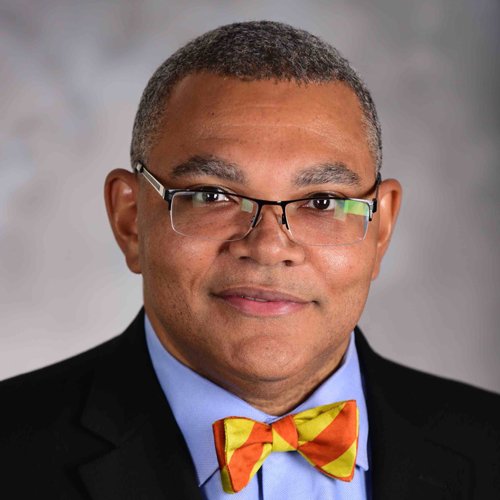ISyE Seminar Series: John-Paul Clarke
|
 "Towards Increasingly Autonomous Aircraft-Enabled Mobility"Presentation by Professor John-Paul Clarke Wednesday, March 31 |
|
About the seminar: The national vision for advanced aerial mobility is an airspace system that can support high-scale flight operations supporting any number of applications, using vehicles small and large, carrying passengers or cargo, and operating over cities or in remote areas This vision will require greater aircraft and air traffic management (ATM) system autonomy; a synergistic relationship between vertiport locations and flight trajectories to address noise, privacy, and safety concerns; and new certification standards for vehicles, systems, and operators. To this end, I will discuss how the first two challenges may be addressed via simulation and optimization, and present prior and ongoing work on frameworks, algorithms, and policies for autonomous decision-making during approach and landing; highly automated multi-aircraft conflict resolution; and trajectory planning to maximize the mission efficiency, success and survivability of autonomous flight vehicles. I will also propose a framework for the certification of vehicles that must both operate and make decisions autonomously. References: Near Real-Time Fuel-Optimal En Route Conflict Resolution (pdf) |
|
Bio: John-Paul Clarke is a professor of Aerospace Engineering and Engineering Mechanics at The University of Texas at Austin, where he holds the Ernest Cockrell Jr. Memorial Chair in Engineering. Previously, he was a faculty member at Georgia Tech and MIT, Vice President of Strategic Technologies at United Technologies Corporation (now Raytheon), and a researcher at Boeing and NASA JPL. He has also co-founded multiple companies, most recently Universal Hydrogen – a company dedicated to the development of a comprehensive carbon-free solution for aviation. Clarke is a leading expert in aircraft trajectory prediction and optimization, especially as it pertains to reducing the environmental impact of aviation, and in the development and use of stochastic models and optimization algorithms to improve the efficiency and robustness of aircraft, airline, airport, and air traffic operations. He is the founding chair of the AIAA Human-Machine Teaming Technical Committee, and was co-chair of the National Academies Committee that developed the US National Agenda for Autonomy Research related to Civil Aviation. Clarke received S.B. (1991), S.M. (1992), and Sc.D. (1997) degrees in aeronautics and astronautics from MIT. He is a Fellow of the AIAA, and is a member of AGIFORS, INFORMS, and Sigma Xi. |
Seminar Video: